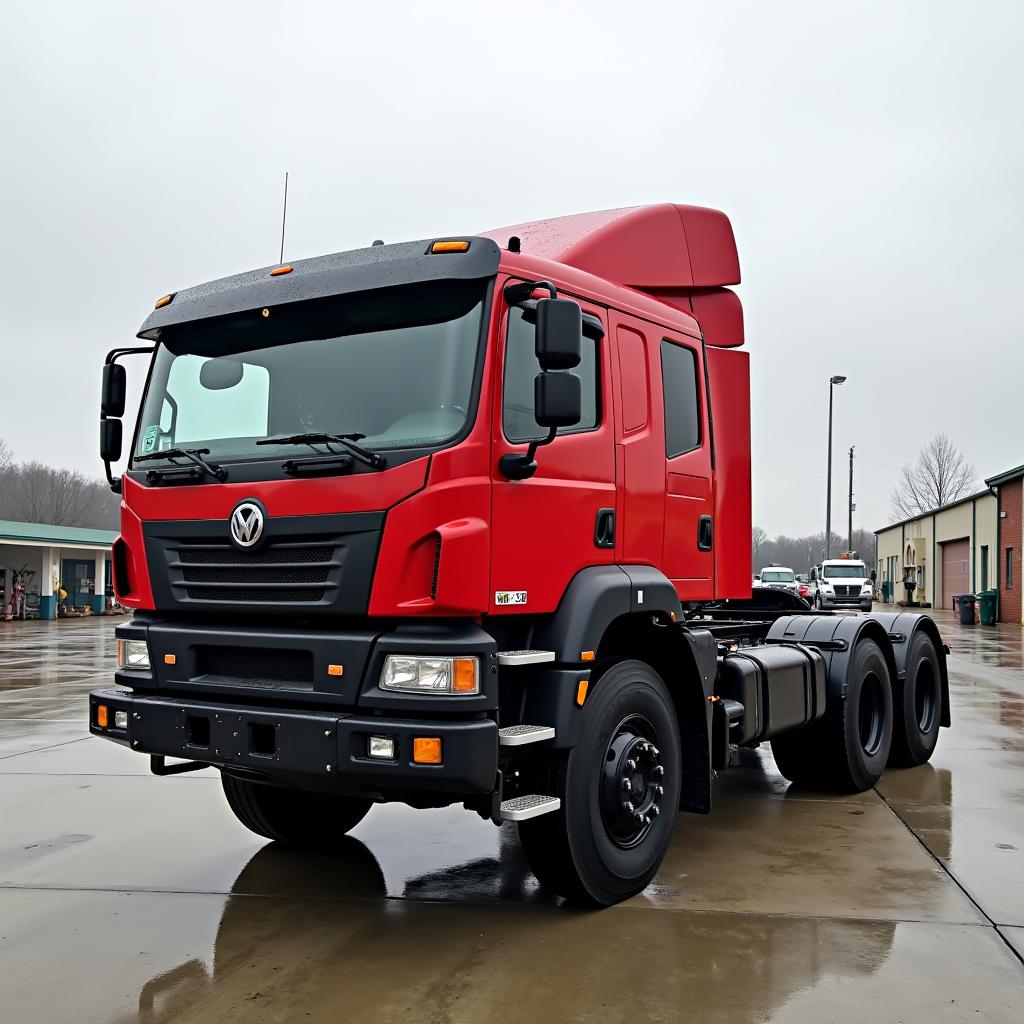Military to Trucking: A Successful Career Switch
For many veterans, transitioning from military to trucking represents an exciting opportunity to leverage their existing skills while building a rewarding civilian career. With the trucking industry facing a significant driver shortage and actively seeking disciplined, responsible professionals, former service members are discovering that their military experience makes them ideal candidates for successful careers on the road.
Why Veterans Make Excellent Truck Drivers
The transition from military service to commercial trucking often feels natural for veterans, thanks to the numerous transferable skills acquired during their time in service. Military personnel are trained to be detail-oriented, follow strict protocols, and maintain high safety standards – all crucial qualities in the trucking industry.
Benefits of Transitioning from Military to Trucking
Financial Stability
The trucking industry offers competitive salaries, with entry-level drivers earning between $40,000 and $50,000 annually. Experienced drivers can earn well over $65,000, with some specialized positions commanding six-figure salaries. According to the Bureau of Labor Statistics, the job outlook remains strong, with consistent growth projected in the coming years.
Career Advancement Opportunities
Veterans can advance quickly in the trucking industry through various specializations:
- Specialized freight hauling
- Fleet management positions
- Safety coordination roles
- Owner-operator opportunities
- Training and instruction positions
Familiar Structure
The trucking industry’s regulated environment, emphasis on safety protocols, and chain of command structure mirror many aspects of military life, making the transition smoother for veterans.
Getting Started: Essential Steps for Military Veterans
1. Utilize Military Benefits
Veterans can take advantage of several programs designed specifically to aid their transition:
- Post-9/11 GI Bill benefits for CDL training
- Veterans Affairs (VA) education benefits
- Military Skills Test Waiver Program
- Veterans Training Programs offered by major carriers
2. Obtain Your Commercial Driver’s License (CDL)
The process typically involves:
- Completing a DOT physical examination
- Obtaining a Commercial Learner’s Permit (CLP)
- Completing required training hours
- Passing the CDL skills test
Military Skills That Transfer to Trucking
Veterans possess numerous valuable skills that translate directly to trucking careers:
Leadership and Discipline
– Strong work ethic
– Ability to follow procedures
– Excellent time management
– Commitment to mission completion
Technical Expertise
– Vehicle maintenance knowledge
– Safety consciousness
– Adaptability to new technology
– Problem-solving abilities
Professional Traits
– Reliability
– Punctuality
– Clear communication
– Team player mentality
Finding the Right Trucking Company
When selecting a carrier, veterans should consider:
Military-Friendly Programs
Many companies offer specific programs for veterans, including:
- Specialized training programs
- Signing bonuses for veterans
- Mentorship opportunities
- Veterans’ support networks
Company Culture and Benefits
Look for companies that offer:
– Competitive pay and benefits packages
– Regular home time options
– Modern equipment
– Ongoing professional development
– Veteran-specific support services
Overcoming Common Challenges
While transitioning to trucking can be smooth for veterans, some challenges may arise:
Adjustment Period
– Adapting to civilian work culture
– Managing independent decision-making
– Balancing work and family life
– Developing new routines
Solutions and Support
- Seek mentorship from experienced veteran drivers
- Join professional associations like the National Veteran-Owned Business Association
- Participate in veteran driver support groups
- Utilize company resources and support services
Success Stories and Career Growth
Many veterans have found remarkable success in trucking:
Career Progression Examples
– Starting as company drivers
– Advancing to specialized transport roles
– Becoming owner-operators
– Moving into management positions
– Training new drivers
Additional Opportunities
Veterans can explore various specializations:
– Hazmat transportation
– Oversize load hauling
– Temperature-controlled freight
– Military freight transport
– Local or regional routes
Planning Your Transition
Create a structured transition plan:
1. Research and Education
– Study industry requirements
– Investigate training programs
– Review veteran-specific opportunities
– Understand licensing requirements
2. Financial Planning
– Calculate training costs
– Research available benefits
– Plan for transition period
– Consider long-term career goals
3. Timeline Development
– Set realistic milestones
– Schedule necessary training
– Plan for certification tests
– Coordinate with potential employers
Conclusion
Transitioning from military to trucking offers veterans a promising career path that values their experience, skills, and dedication. The industry’s strong demand, competitive compensation, and numerous advancement opportunities make it an excellent choice for service members entering civilian life.
Ready to start your journey from military service to a successful trucking career? Contact us at +1 206-337-4787 to learn how we can help you leverage your military experience and transition into a rewarding trucking career. Our team understands the unique needs of veterans and can guide you through every step of the process, from training to job placement.
Take the first step toward your new career today – where your military experience is not just appreciated but celebrated. Join the ranks of successful veteran truck drivers who are keeping America moving forward.







